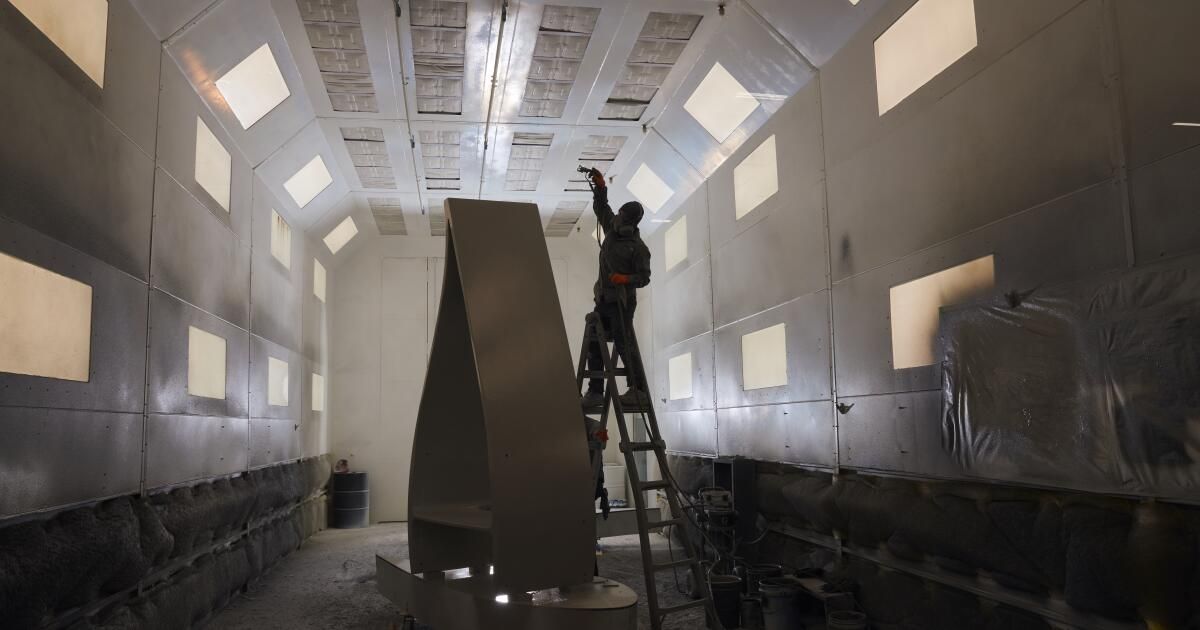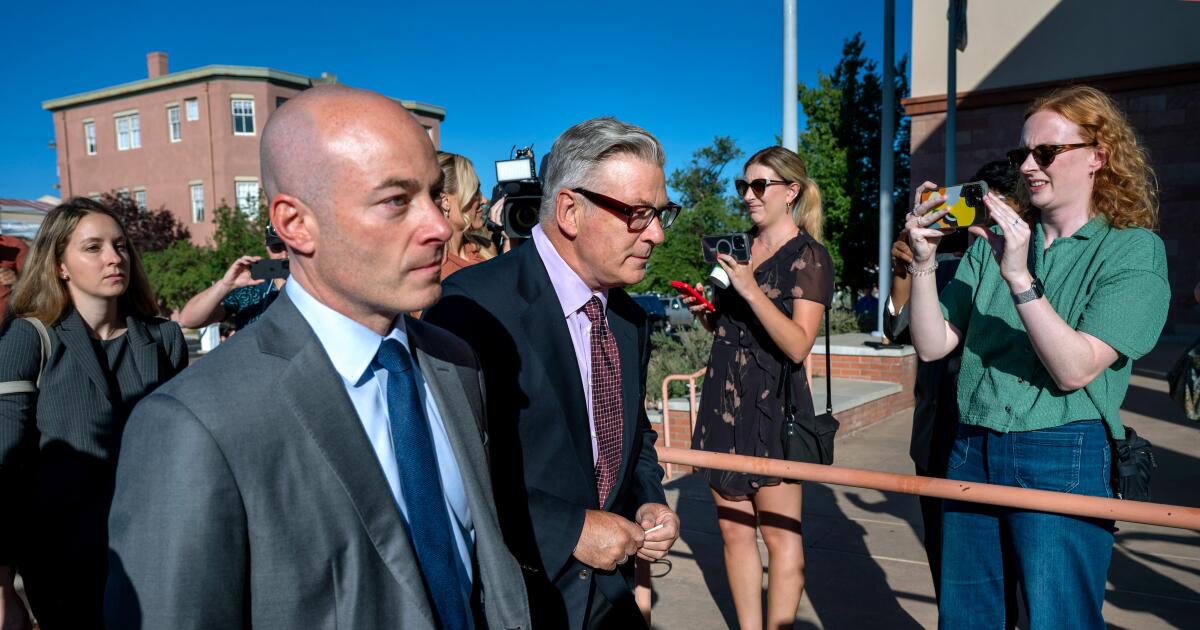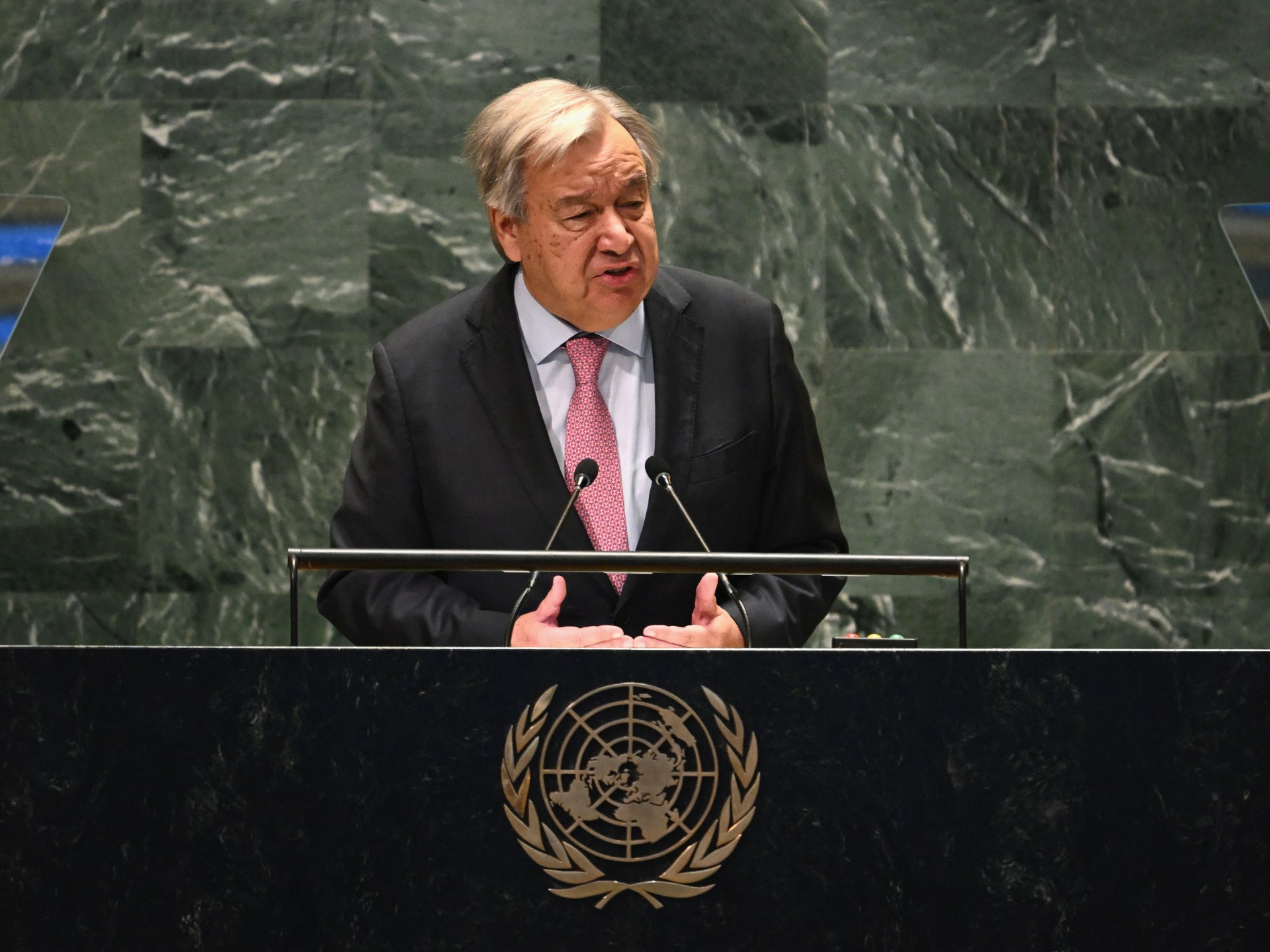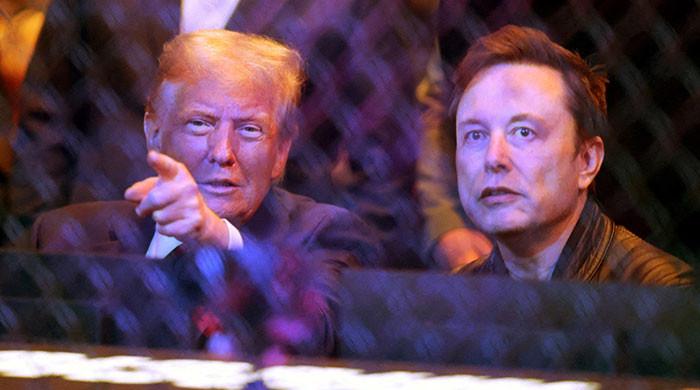No one knows whether many green jobs will be created in the United States over the next decade, but there is no doubt that demand will create enormous opportunity for the next generation of workers.
Thanks to the Inflation Reduction Act of 2022, the federal government is estimated to spend about $800 billion over the next 10 years to fund massive clean energy programs, from solar and wind installations to energy-efficient buildings and microgrid energy production for businesses and neighborhoods. Billions more in state and federal funding will help build an electrified transportation system, including electric cars, trucks, and trains and the infrastructure to support them.
High school and college teachers are showing increasing interest in “green” careers: jobs that help address global warming and other environmental problems, with a future bright enough to pay the bills and then some. Given the bad news circulating about climate change, it might even be considered a matter of survival.
The good news is that there are already plenty of green jobs: from repairing electric vehicles and chargers to installing solar panels and building windmills; from public policy analysis and urban planning to software programming in electric utilities and researching alternative energy.
“There’s a natural desire for young people to be in a cutting-edge field and also to be motivated by the existential threat that we’re all seeing and wanting to do something about it,” said Paul Feist, vice chancellor of California Community Colleges.
Here are the stories of four people who are making their way in the green economy.
“I like the idea of making the environment greener”
Jeffrey Leyva is a sophomore in Cal State Long Beach’s electrical technology program and is seriously considering pursuing a career in it. He has one thing clear: He wants to avoid anything that could be eliminated by artificial intelligence. “I’m worried about AI taking over a lot of jobs,” he said.
The 24-year-old, who is used to hard work, doesn't want to sit at a desk all day. He works part-time to pay his way through college and prefers physical demands to desk work. He had a job in a warehouse, where he lifted heavy objects and took inventory, but even that is being replaced by computers and robots.
At school, he found a flyer offering training in electric charger maintenance. Now, there is one job category that AI cannot perform, He thought.
He signed up for free training at the Los Angeles Clean Technology Incubator (LACI), founded by the city of Los Angeles and its Department of Water and Power in 2011 to accelerate clean technology and job creation. The training led to a job at Greenwealth Energy, a company that installs and maintains electric vehicle chargers in workplace parking lots, shopping malls, school districts, apartment buildings and the like.
“I help the electricians, I help them install the panels, the conduits, run the wires through them, helping them activate them,” he said. He also takes calls to replace copper wires torn out by thieves.
The ecological nature of the work appealed to him. “I wanted to help reduce air pollution and the use of fossil fuels. I like the idea of creating a greener environment.”
And the green revolution will require more charging stations: The Associated Press recently reported that the Department of Energy estimated the United States “will need 1.2 million public chargers by 2030, a big jump from the 175,000 public charging ports available today.”
The pay is decent, he said. Jobs like Leyva’s typically pay around $20 an hour. “It’s manageable, it’s fine,” he said.
He sees it as a starting point, with better pay opportunities ahead. Perhaps training as an electrician. “I love what I do, I like to work hands-on. It’s rewarding when I’m done and the job is complete,” he said.
'Why not be part of the change now?'

Lekha Ajit, a data science and green energy development expert, sits at her workstation in her home in Alhambra.
(Carlin Stiehl / For The Times)
Lekha Ajit, 22, grew up in southeastern India, in the coastal city of Chennai on the shores of the Bay of Bengal. She was raised in an entrepreneurial family, “and I knew I didn't want to do that, I didn't want to take on the stress of an entire company.”
He came to the United States two years ago to pursue a master's degree in information systems at Cal State Los Angeles, and works at Navia Energy in San Jose, developing software to help utility companies optimize renewable energy production.
His information systems skills “could be applied to professional corporate data analysis and web development,” he said. “But if [green energy] “It will be the future, why not be part of the change now?”
Many of his friends, classmates and co-workers feel the same way, he says. “I think people are starting to gravitate toward green jobs. The younger generation wants to be associated with careers where they can work for a cause.”
Her advice to young people just entering the workforce who want a job that will help improve the environment: Don’t necessarily expect to land the perfect job right away. “Walk in the door where you find the opportunity,” she said. “Just walk in.”
“We will lay down our weapons and take up measuring tapes”
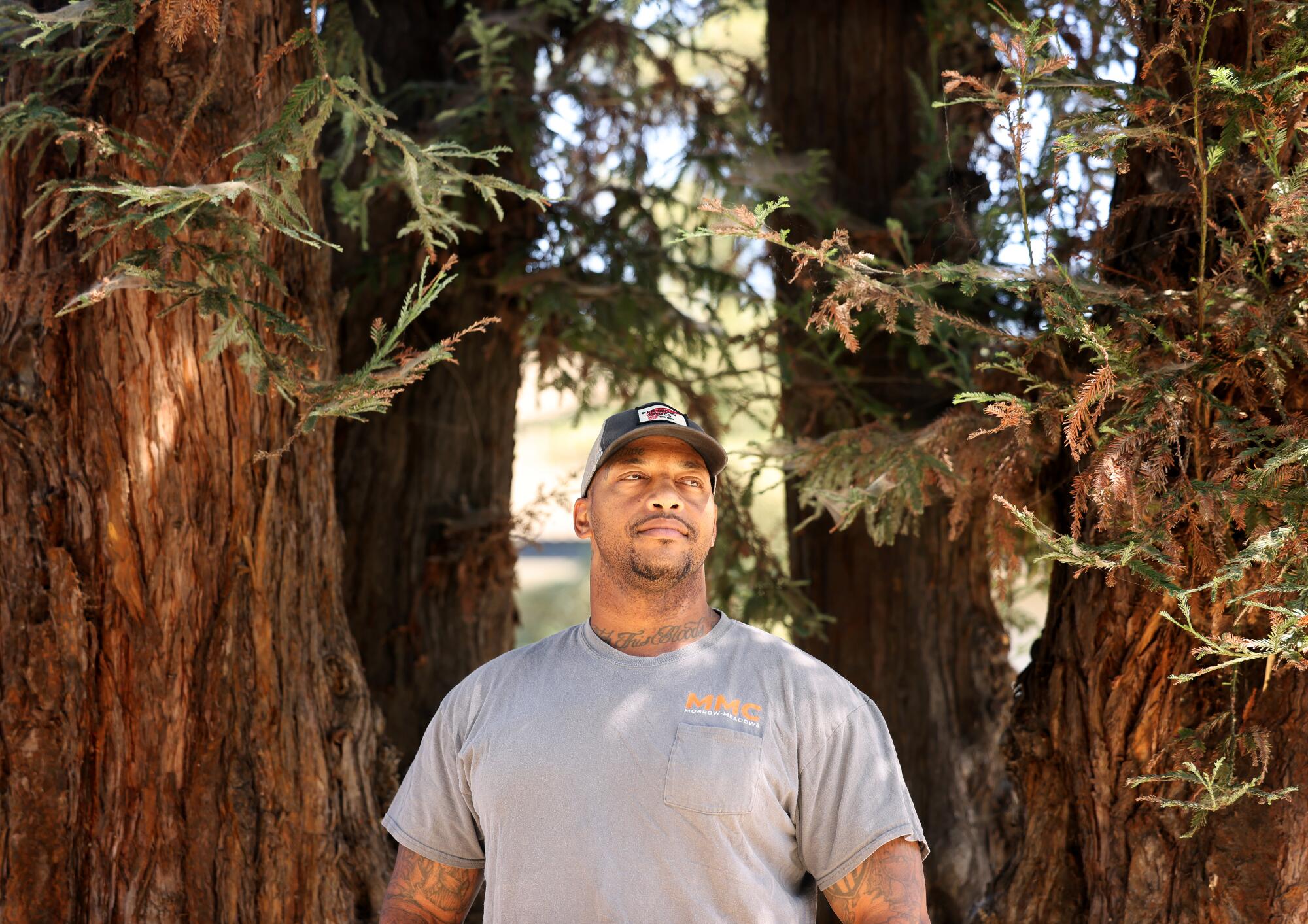
Donald Trotter was trained by IBEW as an electrician and installs solar energy systems for Morrow-Meadows Corporation, an electrical contracting company.
(Christina House/Los Angeles Times)
Donald Trotter is not exactly young: he is 37 years old. He lost much of his youth when he served a seven-and-a-half-year prison sentence for assault with a firearm.
He says he grew up in South Los Angeles, in a neighborhood plagued by gangs and crime. “I lived in a state of dysfunction. Violence was normal to me.”
He is now an electrician, earning a union wage, installing and maintaining solar panels, switches, transformers and electric car chargers. And he is a father. He lives with his wife in downtown Los Angeles, with two children, ages 15 and 7.
He says his salvation began with John Elliott Harriel Jr., better known as Big John, who runs a program called 2nd Call that helps former prisoners and others who are in trouble. The group offers job training and life-skills development: how to deal with past trauma, improve family relationships and what it takes to be a good parent.
The experience at Big John led me to job training and an apprenticeship with the International Brotherhood of Electrical Workers, where I learned everything from the Pythagorean theorem to power line safety: “How a bird that lands on a power line doesn’t get hurt because it’s part of the circuit. But if you touch it, it will kill you.”
He currently works for Morrow-Meadows, a major West Coast electrical contractor, doing electrical installation and maintenance work at the Intuit Dome in Inglewood. And while panel installation in California has declined recently, it should theoretically increase due to state legislation requiring all electricity to come from clean energy sources by 2045.
“If I were to speak to young people,” he said, “I would tell them to take the opportunity to change their lives. We are putting down our weapons and taking action. That is how we create change, one community at a time.”
“I felt a strong desire to contribute to a more sustainable future”
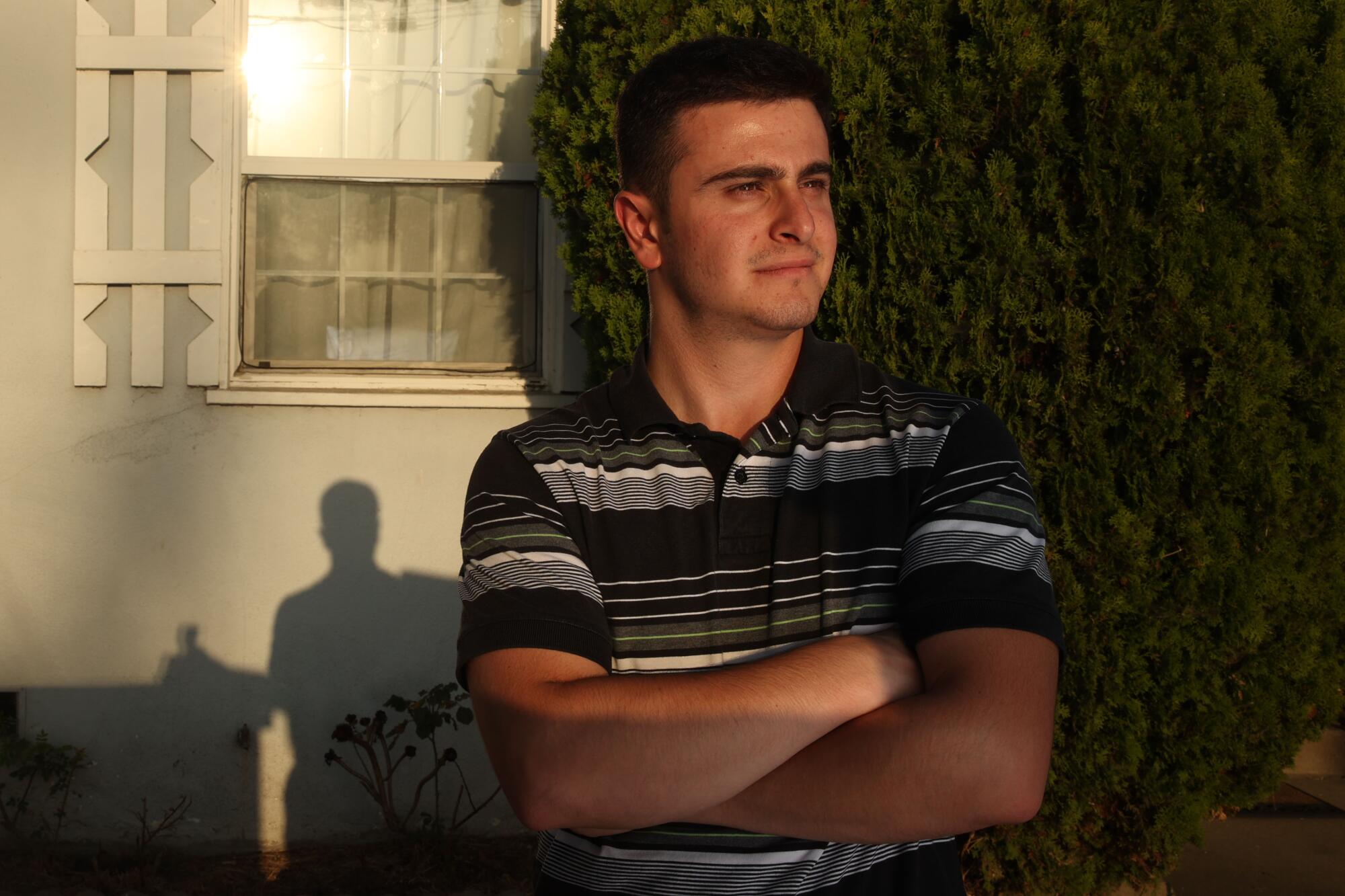
Power systems engineer Akram Abou Assaf poses for a portrait in Montebello.
(Michael Blackshire/Los Angeles Times)
Akram Abou Assaf, 23, grew up in Lebanon. “From a very young age, I was fascinated by how things worked, especially electricity and energy,” he says.
He took a direct path through academia: a bachelor’s degree in electrical engineering at Lebanese International University and then a master’s degree in the same subject at Cal State Los Angeles. “I was eager to find job opportunities in tech companies, particularly in California,” he said. “This change [from Lebanon] “It allowed me to immerse myself in a vibrant tech community and pursue my passion for technology and innovation.”
She added two courses in the Los Angeles Cleantech Incubator’s free green jobs workforce development programs and landed a full-time job fusing real-world data into computer simulations to help integrate new energy sources with the electric grid.
“Right now, my role is renewable energy and electrical systems specialist,” he said. He works for a global company called ETAP, a division of France’s Schneider Electric, which helps electricity providers manage the integration of renewable energy.
“My job is to find data to make sure everything runs smoothly,” said Assaf, who lives in Montebello. [power providers] “If we add renewable energy sources, we ensure that there are no failures.”
While studying, climate change was a constant concern for him. “I felt a strong inner desire to contribute to a more sustainable future, to combine my passion for technology with my commitment to caring for the environment.”
Her advice to future generations: “Never underestimate the power of curiosity and perseverance. Embark on a lifelong journey and stay informed about the latest developments in environmental science and technology.”
And don’t expect to change the world overnight. “Every effort, however small, can lead to a greener world. Small changes can have a big impact.”

